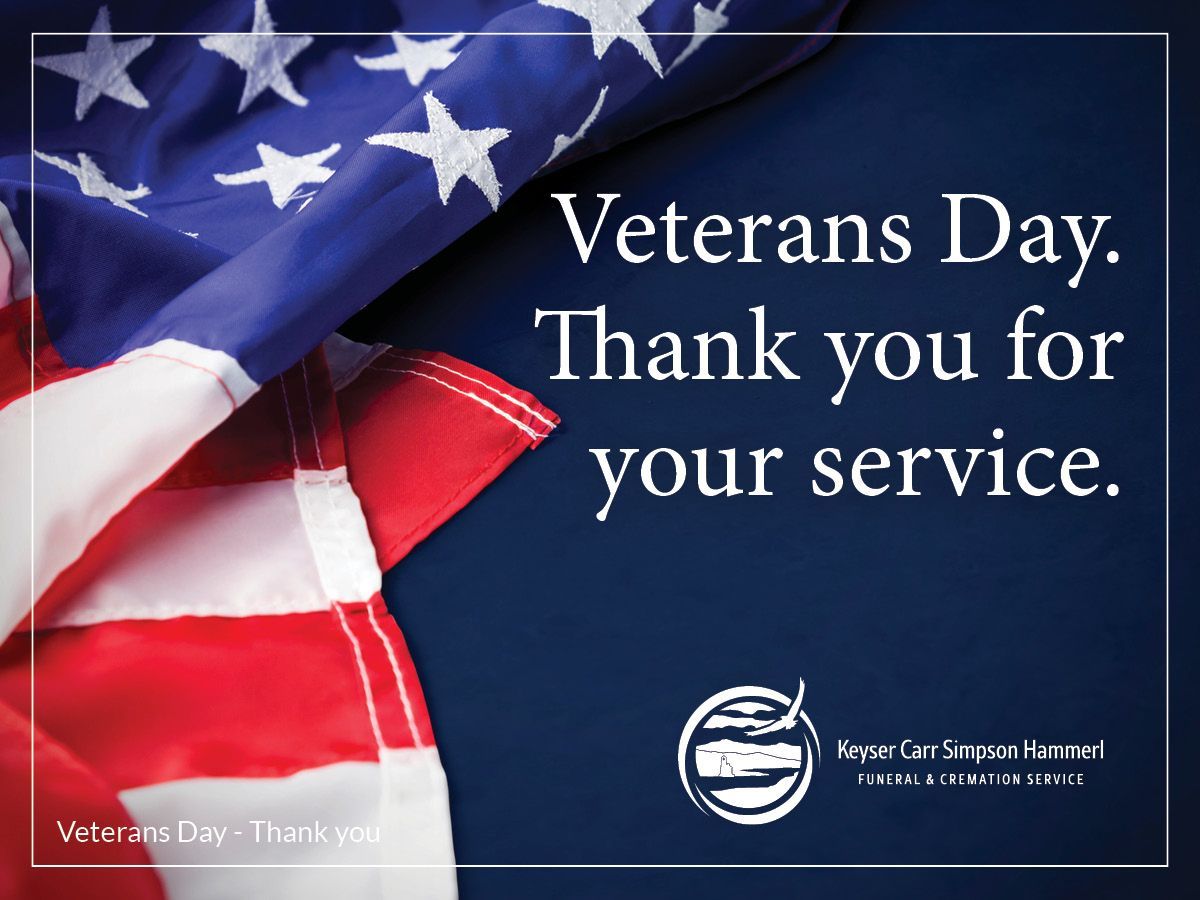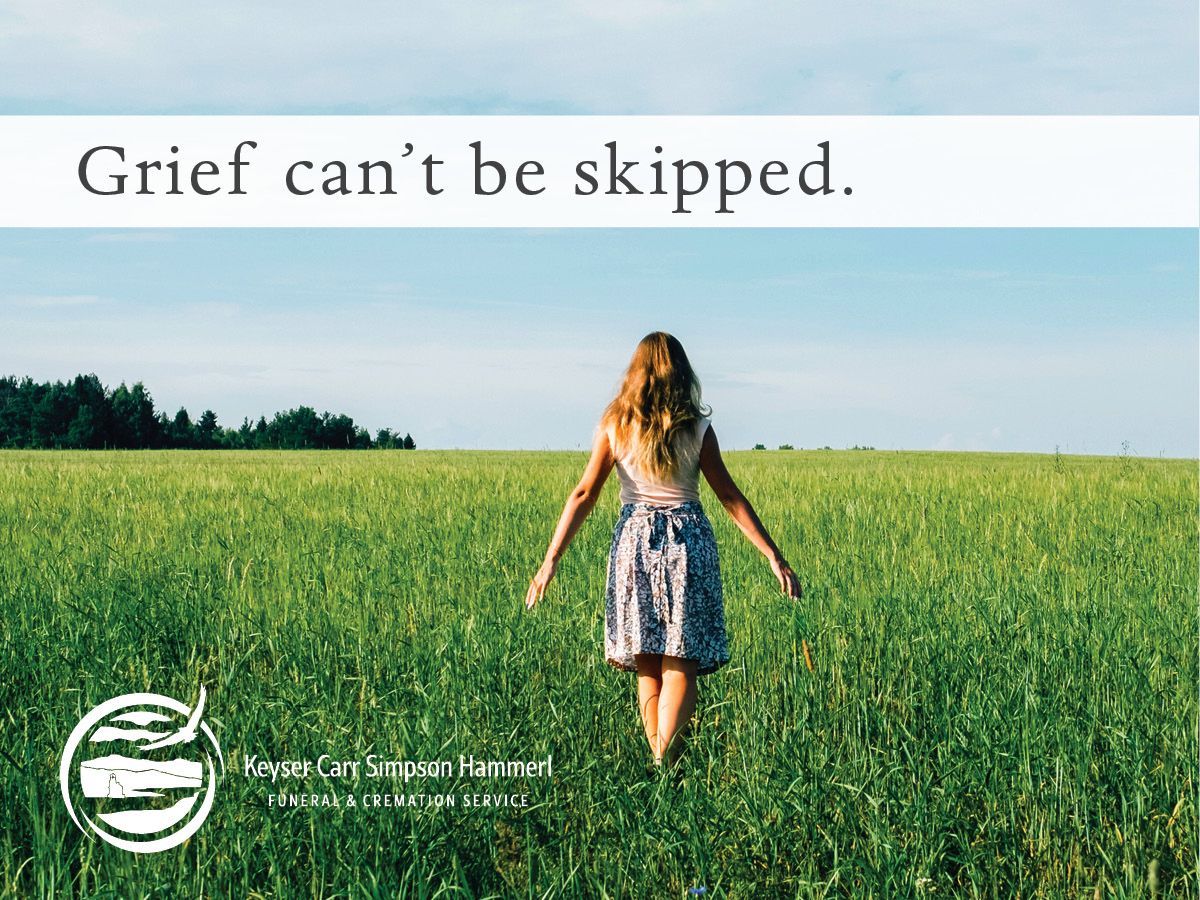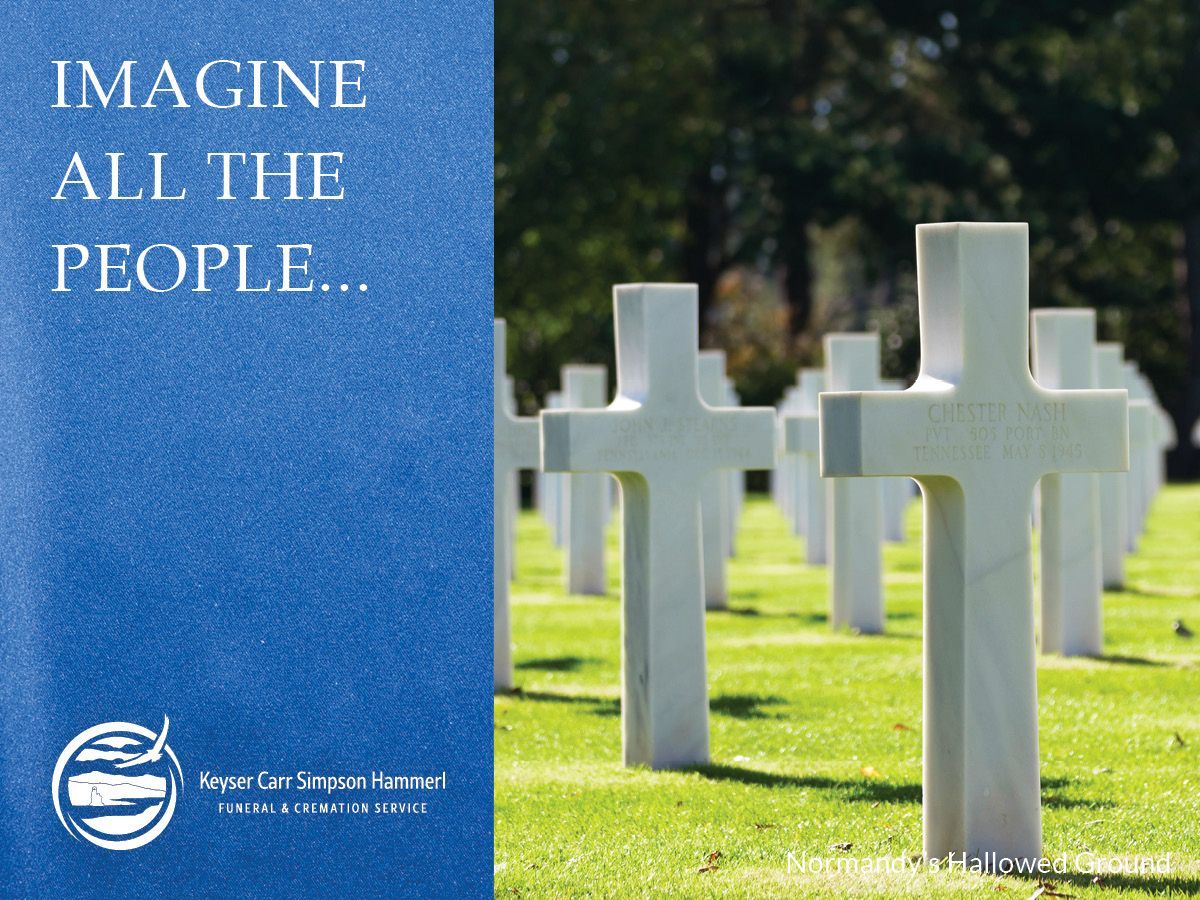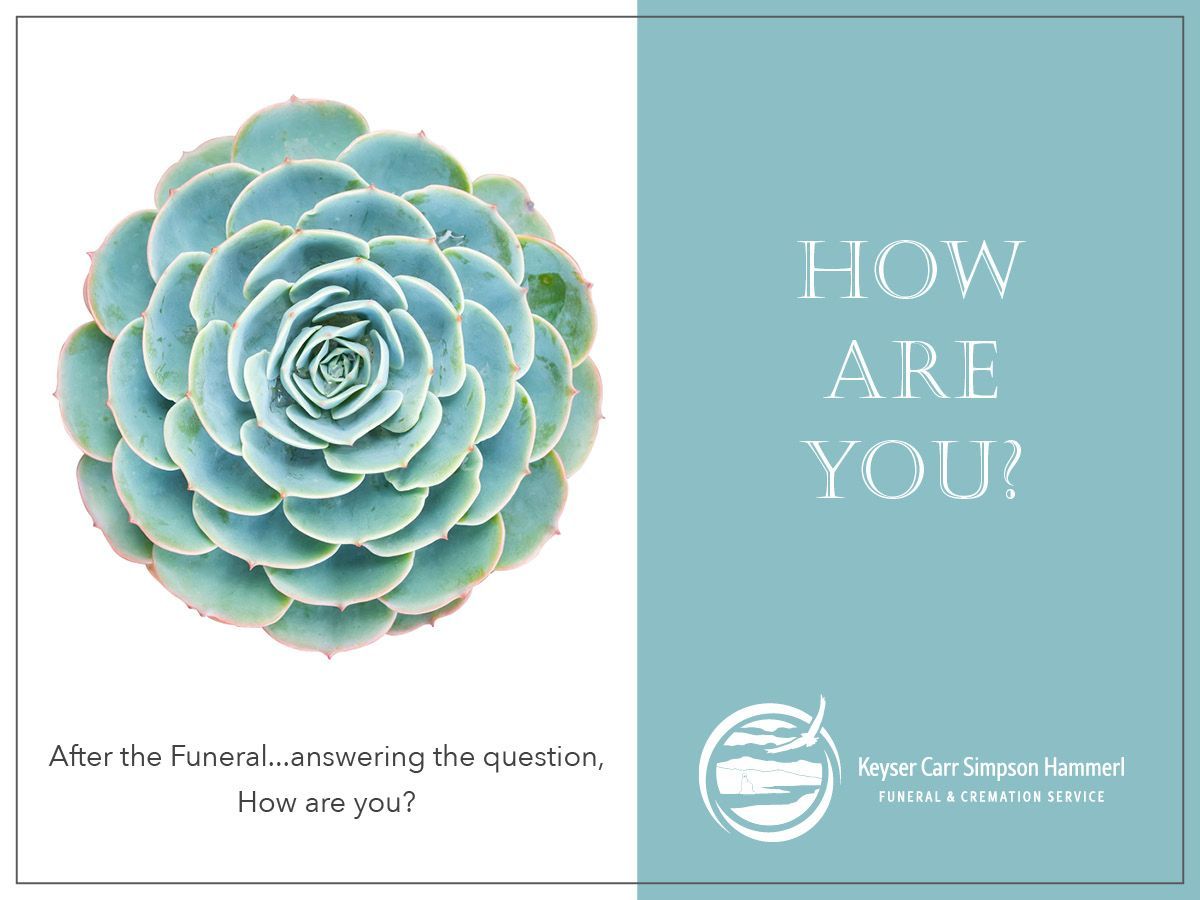What Helps When a Person Is Sad?
Some things are so simple that it’s easy to doubt their ability to help. In times of trouble, it is often the little things that make all the difference. Chicken soup when you feel a cold coming on, a hug, and a warm chocolate chip cookie all make a person feel better. Even though they don’t really fix the problem, they help.
Writing in a journal on a daily basis may seem like it’s too much trouble to undertake. Especially when a person is in the midst of major life changes like dealing with chronic illness, moving, divorce, or grieving. But journaling has been proven to elevate mood and really help people deal with crisis and loss.
A journal does not judge, a journal will not be uncomfortable with your sorrow, a journal will not try to “fix” you. A journal is a silent listener. You set the pace. It lets you have good days and bad days. A journal absorbs anger and celebrates joy. It helps a person move through the hard work of grieving.
If you know someone who has experienced a loss or is going through a difficult life change, give them a journal. If you receive a journal use it. It may take a while to become comfortable with writing on a daily basis. Stick with it. It takes a while to ingrain a habit.
Pick a time of day that works for you and set aside fifteen minutes to write. Some like to start their day with a journal entry. Others prefer to end their day with a few quiet minutes with the pen and a blank page. Write whatever comes to your mind. It’s not a novel. Spelling and grammar don’t matter. What you write doesn’t need to make sense or be eloquent.
What does matter is that you actually write, not type. Laying down words with a pen or pencil on paper is processed by the brain differently than typing. It just is. It also matters that you journal every day.
Writing in a journal won’t fix your problems, but it will help you grapple with and succeed at working through what ails you.












